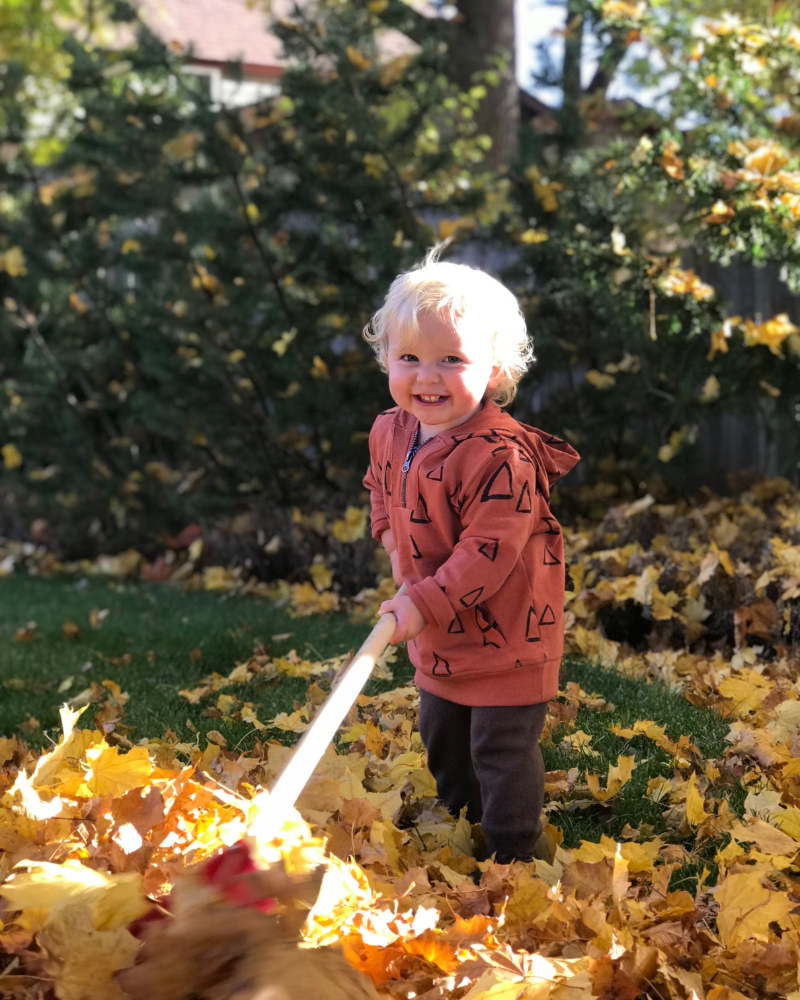The infant in arms has far greater mental energies than are usually imagined.
Maria Montessori, The Absorbent Mind, p. 14
I had never felt love the way I did when I held my nephew for the first time. He was the first baby in our family, and even though I had worked with children for many years, the bond between my brother’s baby and his aunty was something entirely new. I loved singing songs from my childhood, reading books in funny voices, the way my father once did with us, and watching his sensory reaction as we took him into the lake for his first swim. Passing on these traditions helped us build new memories as a growing family and reflect on how those traditions had shaped our own childhoods.
Lullabies
Lullabies are deeply rooted in culture and oral tradition. They are a beautiful way to introduce children to new languages while helping them become familiar with the voices of family and community. Lullabies often carry stories with themes of safety, trust, and the peace needed for sleep. They strengthen bonds between the singer and the child, creating moments of connection where rich culture and history are passed down. The comfort of a lullaby is unmatched, and the sound of familiar voices in song helps instill a strong sense of belonging and trust.
Family Traditions
Including young children in family traditions not only allows culture and beliefs to be passed down, but also creates opportunities for new traditions to emerge. Even if a child is not yet verbal, narrating what is happening, providing the vocabulary that accompanies these traditions, and engaging the senses through related experiences all nurture growth and development. Exposing children to cultural celebrations both inside and outside the home plants the seeds of global citizenship while fostering participation in customs and rituals that are central to family life.
Seasonal Changes
My family loves the outdoors, and I was able to share this love not only in my Montessori environments but also with my nephews. Seasonal changes offer countless opportunities for development, observational skills, vocabulary expansion, and an early understanding of the passage of time. Taking nature walks, noticing details aloud, and immersing a child in the sensory richness of each season inspires wonder while also supporting the growth of the mathematical mind.
The joy of the infant and toddler years lies in the constant discoveries and connections they make with people and the world around them. Taking the time to slow down, observe, explore, and—most importantly—play is essential as children begin to build an understanding of themselves and the wonder that surrounds them. My nephew is now in the second plane of development, and while I miss the earlier stage, I cherish knowing that our bond began through those shared experiences. We still revisit the photos from that time, retell the stories, and, in doing so, continue to create new ones.


